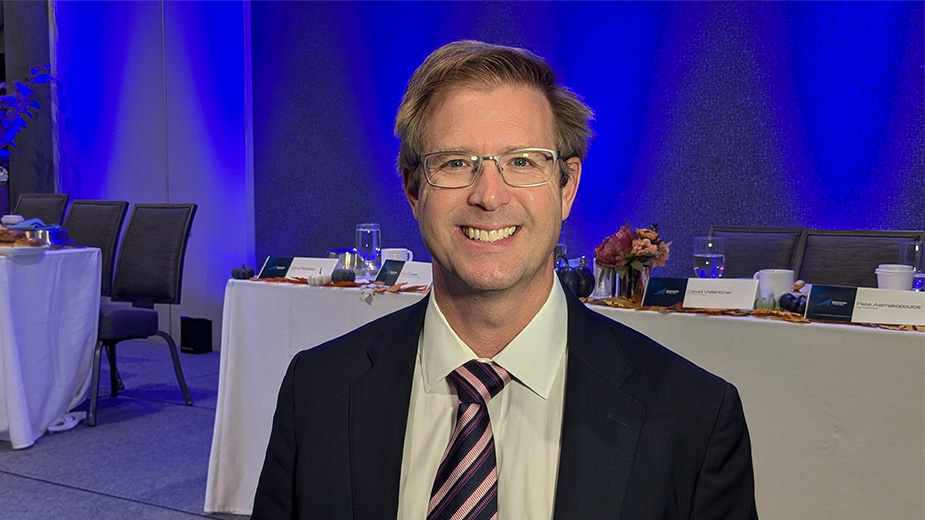Survey: Financial Security Outlook Remains Even from Last Year
BLOOMINGTON, Ill. – Americans feelings of financial security have remained constant over the past year, according to a study by Country Financial, with 55% having a positive outlook.
That number compares to 53% at the same period a year ago, prior to the coronavirus pandemic, civil unrest and presidential election that brought tumult throughout 2020.
“There are many reasons Americans could be feeling good about their financial futures right now,” said Troy Frerichs, vice president of investment services at Country Financial, in a statement. “Savings rates have gone up, we are hearing positive news about a COVID-19 vaccine and the stock market is at an all-time high. It is encouraging to see that even though many are suffering from pandemic fatigue and there is so much that is out of their control, Americans are taking steps to improve their financial security now and in the new year.”
The year also forced many to take a look at their personal financial habits, with 76% saying they’ve worked on developing at least one personal finance skills over the past year, led by cutting back on unnecessary spending (48%), paying down debt and making on-time payments (30%) and regularly putting money into savings (27%).
“Paying down debt, controlling spending and saving money are all important in tough times, so it’s encouraging to see people developing new skills that can be used in the coming years,” said Frerichs. “While the additional savings that Americans have accrued should buffer spending, we still encourage people to keep up the good habits they have adopted in 2020 and continue to invest in their long-term savings and future.”
The coronavirus pandemic had a wide – but even – effect on Americans’ feelings about their finances. Those who report feeling less financially secure are more likely to say COVID-19 had a negative impact (51%) compared to those who feel more secure (19%). In addition, 39% if millennials and Gen Z said the pandemic has adversely affected their finances, compared to 24% of baby boomers.
“It’s not surprising to see the differences in feelings among generations,” said Frerichs. “Millennials are the first generation that is not expected to earn more than their parents did. They were hit hard in the 2008 recession and continue to struggle today. Many in the boomer generation have more savings and could be tied more closely to the stock market and taxes.”
A generational split was also found when looking at feeling of financial security around the presidential election: 36% said the election results had no impact, 28% of Americans said that the results make them feel less confident about the future of their financial security, 18 % said they feel more confident and 18% don’t know.
However, 32% of boomers report feeling less confident about their finances after the election, compared to 23% of millennials/Gen Z and 28% of Gen X.
Looking ahead, the most common goal for Americans in 2021 is controlling spending (32%), followed by saving for an emergency fund (29%) and paying down credit card or student loan debt (27%).
The Country Financial Security Index is compiled by Ipsos, surveying roughly 1,330 adults in the U.S. The margin of error is 2.71 percentage points with a 95% level of confidence. This year’s survey was completed after Election Day.
Published by The Business Journal, Youngstown, Ohio.



